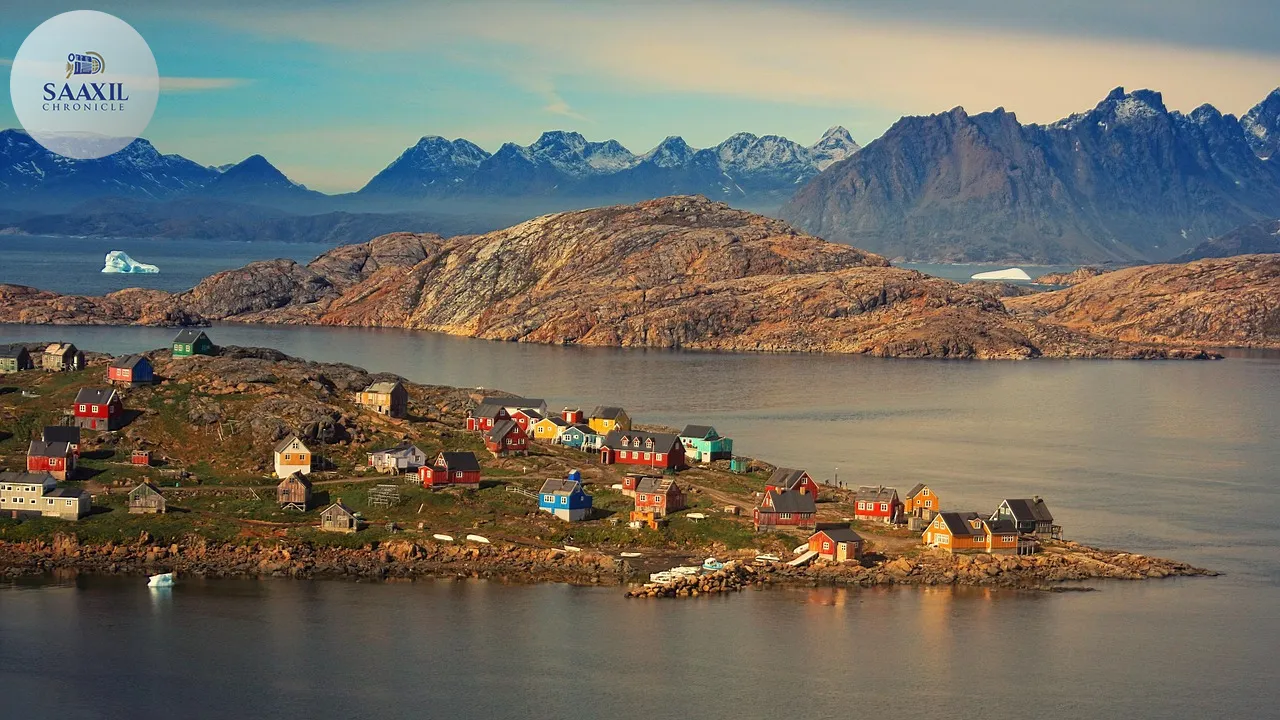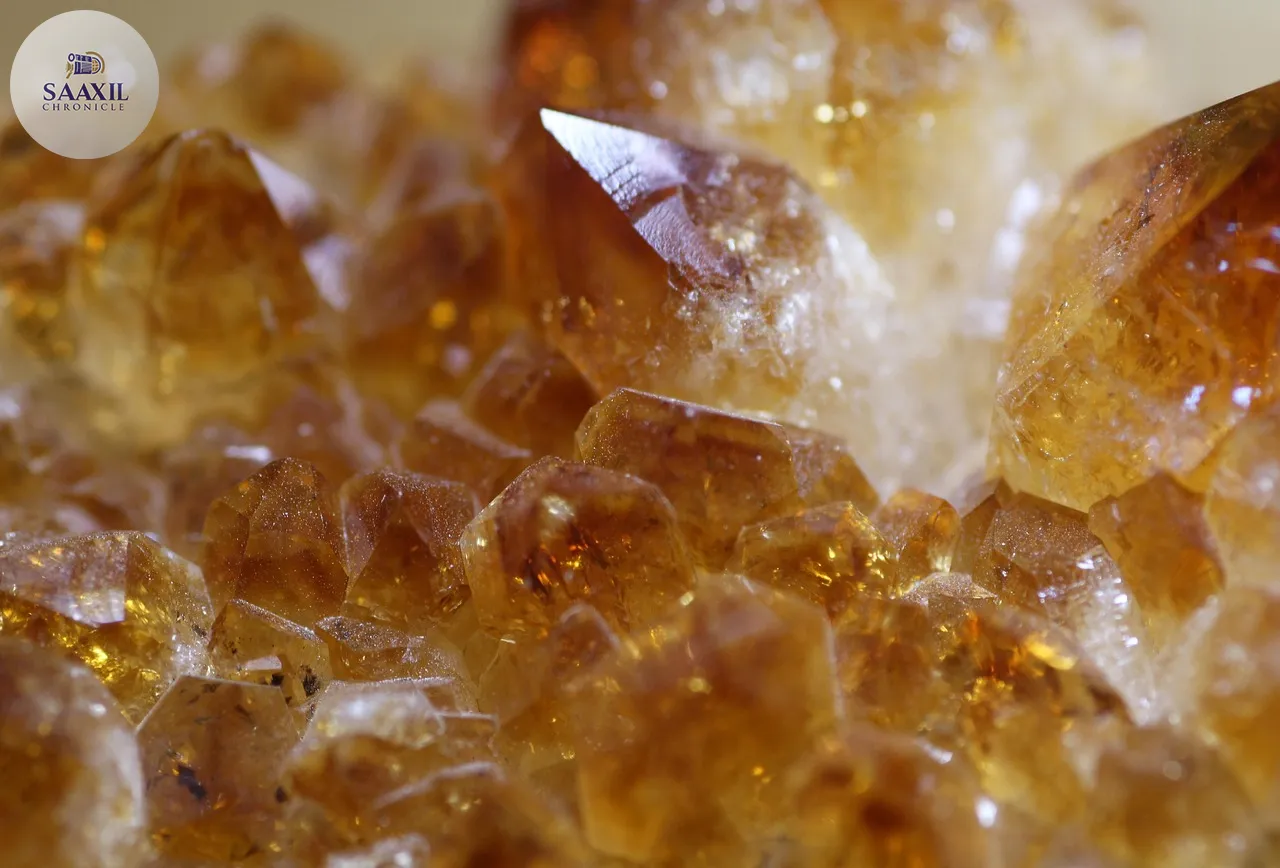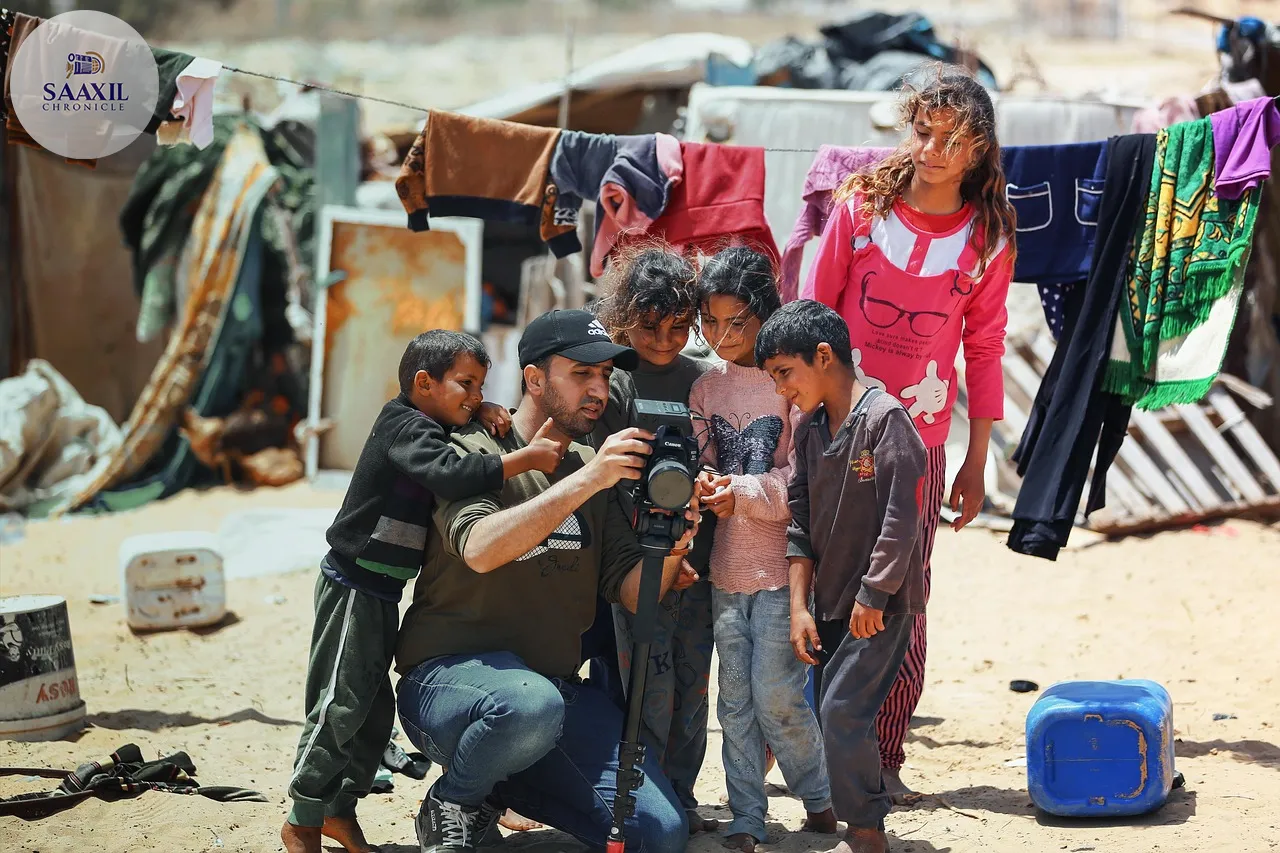A new documentary has ignited a fierce debate in Denmark and Greenland, forcing both nations to grapple with their shared colonial legacy. “Grønlands hvide guld” (Greenland’s White Gold), a 55-minute film examining Denmark’s exploitation of a cryolite mine in southern Greenland, has captured public attention and stirred emotions. The documentary, broadcast in February, highlights the vast wealth generated from the mine over several decades and questions the ethics of Denmark’s actions during its colonial rule. This issue comes to the forefront as Greenland, still under Danish jurisdiction regarding foreign and defence policies, faces international scrutiny due to former U.S. President Donald Trump’s interest in acquiring the territory.

Historical Context and Timing
The documentary aired at a particularly sensitive time, coinciding with Greenland’s national election. This period has seen heightened global interest due to Trump’s controversial statements about purchasing the Arctic island. In Greenland, the film has resonated deeply with the public, sparking anger and sadness over historical injustices. A poll conducted by Greenlandic newspaper Sermitsiaq revealed that more than a third of voters felt the documentary would influence their voting decisions. Meanwhile, in Denmark, the film has prompted a broader conversation about the nation’s colonial past and its lingering effects.
The Legacy of Cryolite Mining
Cryolite, a rare mineral used in aluminium production, was mined extensively in southern Greenland from the mid-19th century until the mine’s closure in 1987. The documentary argues that Denmark reaped significant financial benefits from the mine, often at the expense of Greenland’s resources and autonomy. Experts featured in the film claim that the wealth generated contributed to Denmark’s economic development, while Greenland saw little benefit.
Professor Anders Olsen, a historian specialising in Nordic colonial history, noted, “The cryolite mine was a cornerstone of Denmark’s industrial growth, yet Greenland’s economic and social development lagged behind.” This disparity has fuelled calls for greater autonomy and control over Greenland’s natural resources, a sentiment echoed by many Greenlandic politicians.
Reactions in Denmark and Greenland
The documentary has elicited starkly different reactions in Denmark and Greenland. In Greenland, it has been met with a mix of outrage and validation, as it underscores long-standing grievances about exploitation and colonialism. For many Greenlanders, the film serves as a painful reminder of their historical struggles and ongoing quest for greater self-determination.
Conversely, in Denmark, the documentary has prompted introspection and debate about the country’s colonial history. Michael Bévort, the film’s producer, observed, “For two weeks, the documentary was a bigger topic than Trump in Denmark. It has forced many Danes to confront uncomfortable truths about our past.” The film has sparked discussions in academic circles, media, and among the general public, leading to calls for more comprehensive education on Denmark’s colonial activities.
Broader Implications for Greenland’s Future
The documentary’s impact extends beyond historical reflection, influencing contemporary political discourse in Greenland. As the nation approaches a pivotal election, the film’s revelations have intensified discussions about independence and resource control. Greenland’s Prime Minister, Múte Bourup Egede, has emphasised the importance of reclaiming economic sovereignty, stating, “Our resources should benefit our people, not be a tool for foreign powers.”
The international attention generated by Trump’s interest in Greenland adds another layer of complexity. While some see it as an opportunity for increased investment and development, others fear it could lead to further exploitation. The documentary has reinforced the need for careful consideration of Greenland’s future, balancing economic growth with cultural preservation and environmental sustainability.
Looking Ahead: Navigating Historical Legacies
As Greenland and Denmark continue to navigate their intertwined histories, the documentary serves as a catalyst for change. It highlights the importance of acknowledging past injustices and working towards a more equitable future. In Greenland, there is a growing movement advocating for greater autonomy and an end to colonial-era policies.
In Denmark, the film has sparked a renewed commitment to addressing historical wrongs and fostering a more inclusive narrative. Danish Prime Minister Mette Frederiksen has acknowledged the need for dialogue, stating, “We must confront our past honestly and work towards a future that respects the rights and aspirations of all peoples within our kingdom.”
The documentary “Grønlands hvide guld” has opened a vital conversation about colonialism, resource control, and national identity. As both nations grapple with these complex issues, the film serves as a powerful reminder of the enduring impact of history and the importance of charting a path forward that honours the past while embracing the future.





